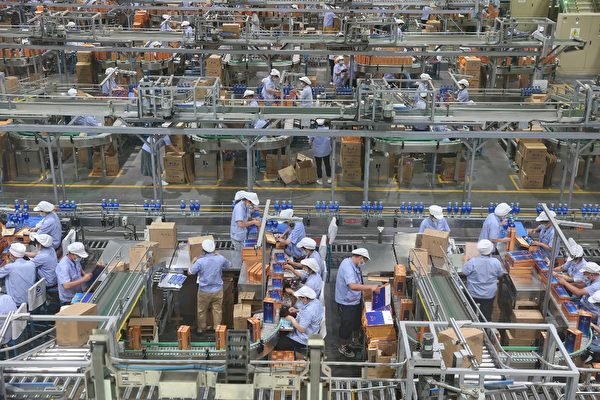In recent years, as the Chinese liquor market has become increasingly competitive, with a buildup of inventory, the traditional practice of offering upfront payments known as “opening red envelopes” to distributors at the beginning of each new fiscal year has started to shift. Some companies have even decided to cancel this policy altogether.
The “opening red envelopes” typically refer to a practice where manufacturers agree to advance a certain percentage of the annual sales target to distributors before the end of the first quarter of the new fiscal year. In return, manufacturers provide distributors with additional rewards beyond regular subsidies.
This year, there seems to be mixed attitudes among liquor companies towards the “opening red envelope” policy for the new fiscal year. Rumors of the cancellation of this policy have been circulating in the market.
According to a report from the “Times Weekly” on December 14, as the year-end approaches, the national distributor conferences of major liquor companies for 2025 are being held intensively. In previous years, most liquor companies would announce their sales plans for the new fiscal year and the “opening red envelope” policy during the distributor conferences in December. However, this tradition appears to be undergoing changes this year. Some leading liquor companies have not yet clarified their policies, and some have adjusted their policies. For instance, Xijiu has confirmed the elimination of the “opening red envelope” policy, while some companies have reduced the upfront payment percentage by 10% to 20%. A top soy sauce liquor manufacturer has decreased the payment percentage from 40% to 30%. Some manufacturers are offering a 7.7% price subsidy for payments made before December 31st (reduced to 5% after the new year).
Industry insider Zhou Cheng explained to “Times Finance” that the “opening red envelope” is actually a policy introduced by the liquor companies in December with greater incentives than usual: “The purpose is twofold: to fulfill or exceed the sales objectives for the year and to take advantage of the high demand for liquor during the New Year to attract distributors to make more purchases.”
Some industry insiders have indicated to the media that due to sluggish liquor sales this year and high distributor inventories, the concept of “opening red envelopes” has been fading in recent years. Most distributors have a lackluster attitude towards the upfront payments for the 2025 fiscal year.
As for the reasons behind this shift, Chinese liquor industry independent analyst Xiao Zhuqing believes that the current market is burdened with excessive inventory, leading to drained circulating funds for distributors. Several liquor companies have assessed the distributors’ responses to the “opening red envelope” and found that distributors are willing but financially unable to participate in these activities. Zhou Cheng pointed out, “With the current disparity in consumption capacity in society, liquor sales have become more challenging, and it’s difficult to recoup funds.”
At the same time, the profit margins for distributors of renowned liquors have decreased, with group purchasing distributors now acting as mere delivery agents. Several offline tobacco and liquor store managers have disclosed that there is only a profit margin of about 50 yuan for each bottle of Feitian Maotai. Distributors with existing inventory are even facing losses. A well-known Chinese liquor collector, Zeng Yu, has publicly stated that group purchasing distributors selling high-end wines no longer yield profits and may only be earning from subsidies provided by liquor companies, turning them into mere delivery agents.
“Times Finance” revealed that some struggling distributors have had to relinquish their hard-earned distribution rights for prestigious liquors, while some have even exited the liquor industry. It is predicted that if major publicly-listed liquor companies reach a consensus to cancel or diminish the “opening red envelope” policies, the revenue for the first quarter of next year may experience slow growth or even decline.
In response to these developments, internet user “Clouds in the Sky” commented, “With the economy doing so poorly and consumption downgrading, restaurants struggling, how can alcohol sales thrive?”
“Desert Lone Wolf” added, “This phenomenon actually exposes the decline in real business activities. The reduction in business activities further reveals the precarious state of our real economy.”

